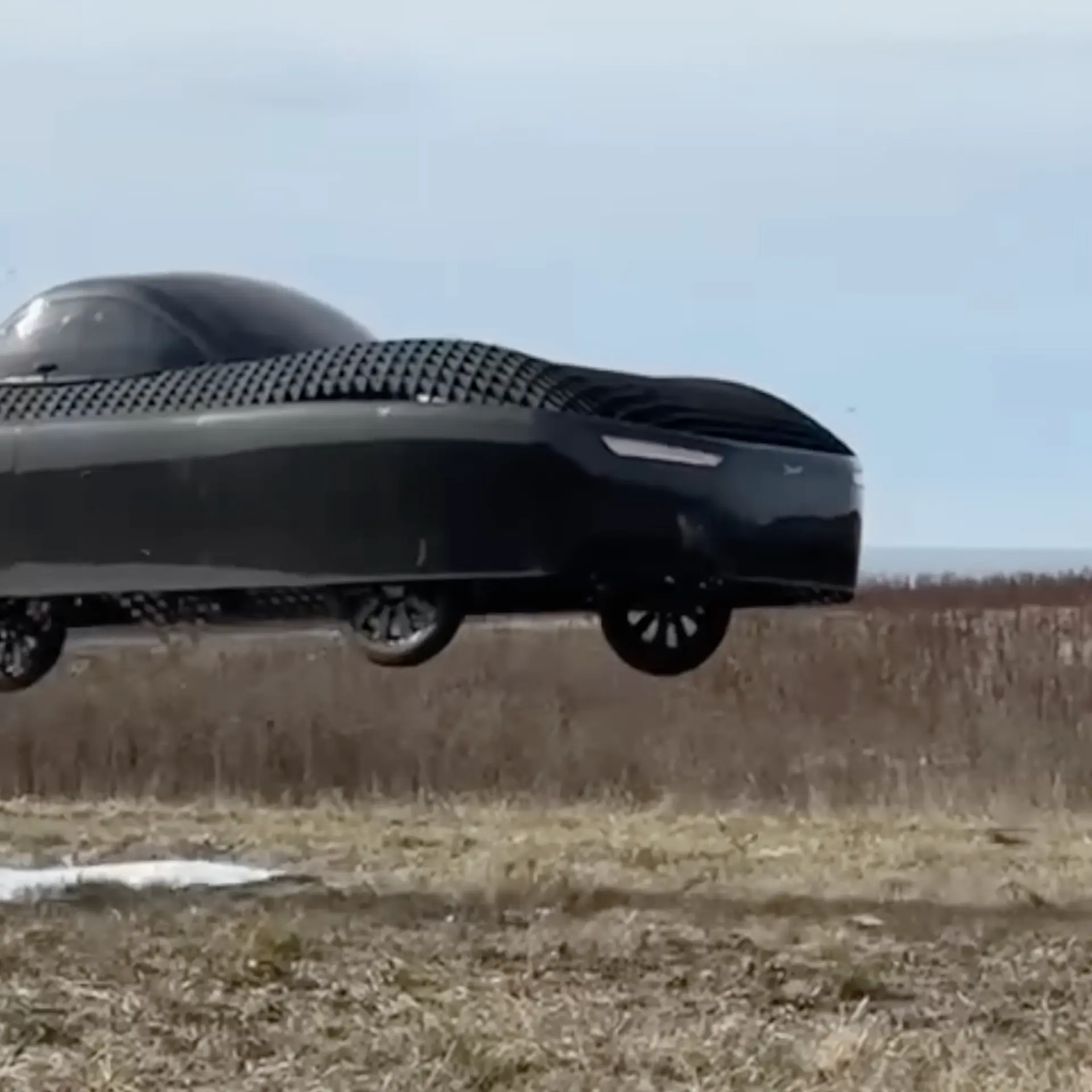This startup aims to fill gaps in assisted telemedicine space
Delhi-based VDOC recently secured funding from former CEO of Royal Enfield and Ashok Leyland, Vinod K. Dasari. Launched amid the pandemic, here's how the startup is trying to solve last-mile healthcare pain points.
Last month, Delhi-based healthtech startup VDOC received an undisclosed amount in seed funding led by Vinod K. Dasari, the former CEO of Royal Enfield and Ashok Leyland.
Founded in April 2021 by Sanjeev Malhotra and Siddharth Sharma, is one of the several platforms that emerged during the pandemic to address gaps in primary healthcare.
So what differentiates VDOC from other players in the space?
The startup is focussing on one aspect of health services – primary healthcare – which according to the co-founder, accounts for 80 percent of the sector.
“Primarily, we are trying to solve pressing challenges in the primary health care delivery system. At this movement, we aim to provide timely doctors availability. This is the basic problem solution we aim to provide and the business is being built around this,” Sanjeev, Founder and CEO, VDOC Lifesciences, tells YourStory.
The COVID-19 pandemic has accelerated the need for remote consultations. However, the segment is seeing some constraints such as a lower tech-savvy population and external checkups that come with additional costs.
VDOC says it solves these pain points by combining remote consultation software along with telemedicine equipment such as a digital stethoscope, otoscopes, exam cameras and a nurse who would assist the doctor with check-ups.
By leveraging the new model, the startup aims to address last mile issues in the healthcare sector. A remote consultation only provides consultations from a doctor but adding telemedicine equipment and a trained nurse leads to a complete general check-up, VDOC says.
This integrated model, the startup says, sets it apart from others in the space.
“These are the two major problems which we aim to solve and all the technology, the operations and solutions are focused on solving that problem,” Sanjeev adds.
Over the next 12-16 months, the startup plans to partner with corporates, residential communities and schools to use their medical check-up rooms to set up a VDOC clinic.
This clinic, the company says, will offer users access to doctors, diagnostics, medicine, and first aid.
VDOC currently has one clinic in Gurugram, which was launched in September last year. It plans to start one more such clinic in Vatika Next City Sector 83 on the outskirts of Gurugram this month.
In all, the startup aims to open 20 clinics by the end of 2022.

Representational Image
Its subscription plans begin at Rs 10 per day for the basic level and go up to Rs 500 per month. Currently, in the pre-revenue stage, the startup plans to generate income from the second clinic.
VDOC founders say their first clinic taught them several key lessons.
“Basically, it's been pretty encouraging because of the kind of evidence we were able to present to the doctors. We've also added facilities such as paediatrician, dermatology and other services,” says Sanjeev on the learning the company had from the first clinic.
“This is a very important aspect because it is not only the general consultations that are part of services we offer,” adds Sanjeev.
VDOC team
VDOC has a 21-member team, which includes the founders, a three-person technology team and eight doctors.
The founding team at VDOC is led by Sanjeev and Siddharth who have had prior experience in the healthcare industry. Siddharth worked as a Business Head Healthcare in Panasonic while Sanjeev has been a healthcare entrepreneur who had a company named NirAmaya Pathlabs prior to VDOC.
They entered the healthcare ecosystem with an initial focus on pathology, using NirAmaya. After years of research and groundwork, they launched VDOC.

Funding and more
“Vinod is very passionate about healthcare and primary healthcare in particular,” says Sanjeev while talking about the fresh capital it received from the automobile industry veteran.
After stepping down from Royal Enfield in 2021, Vinod has been working towards building affordable and accessible healthcare facilities. Recently, he set up a not-for-profit healthcare venture in Chennai.
“Knowing his passion to pursue healthcare, we met him and demonstrated our abilities,” says Sanjeev. “He was interested in what he had.”
Sanjeev adds, “It was also a bonus for us as he had recently set up a hospital in Chennai and is planning to set up satellite clinics for the hospital within a 200-kilometre radius in Chennai and outskirts of Chennai. This where synergies met, with the help of Vinod we can now target these.”
The other investor in the round was Rajen Mahapatra, a lawyer practising in the Supreme Court of India,
The Indian telemedicine market opportunities
In the telemedicine space, VDOC competes with heavyweights such as Practo, MediBuddy, and mFine among others.
The Indian telemedicine market stood at $1314.83 million in FY2021 and is expected to grow at a CAGR (compound annual growth rate) of around 22.31 percent according to the India Telemedicine Market Report 2021.
Additionally, the growing prevalence of chronic and infectious diseases in the country, with a shortage of healthcare professionals and physicians, is further expected to support the market growth through FY2027, said the report.
Steps taken by the government such as the national telemedicine service eSanjeevani, have also turbocharged the space.
“The Telemedicine Practice Guidelines released jointly by MoHFW and NITI Aayog in March 2020 has added to a more structured and organised movement in this space. We are in talks with multiple state governments to update and upgrade primary healthcare centres into multi-speciality clinics with VDOC solutions,” Sanjeev signs off.
Edited by Affirunisa Kankudti









